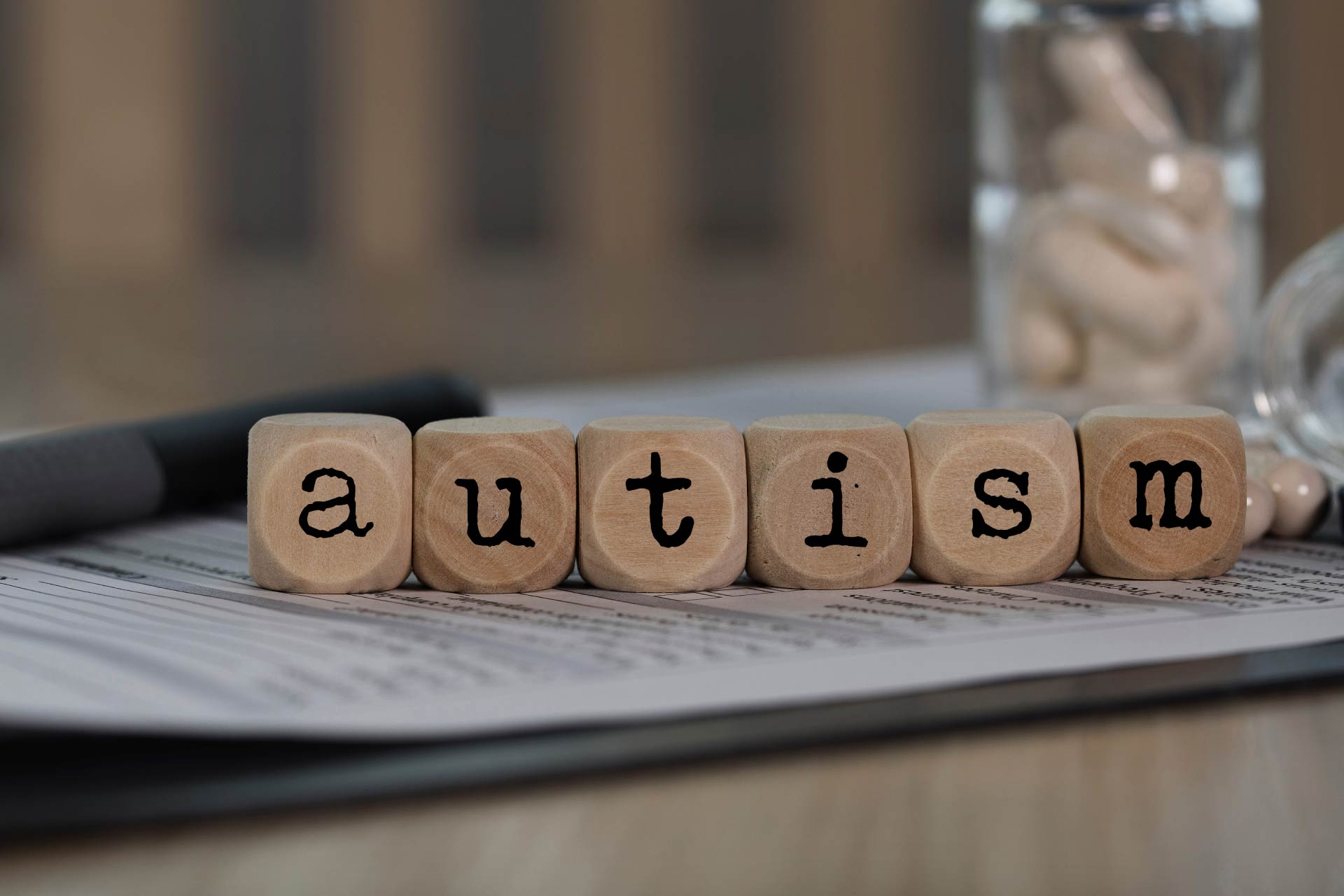• Microbiota-gut-brain link
• Mounting evidence
• Challenges and limitations
What is already known on this topic
Several studies have shown differences in the gut microbiota composition of children with autism spectrum disorder (ASD) compared to unaffected siblings and healthy people.What this research adds
Researchers analyzed the scientific literature to identify studies that looked at the role of the gut microbiota in ASD. Bacterial reported to be substantially higher in abundance in autistic children included Clostridium, Sutterella, Desulfovibrio and Lactobacillus. But the findings appear to be inconsistent across studies, the researchers found. What’s more, antibiotic use, mode of delivery, and diet, which all influence the gut microbiota, could confound the results.Conclusion
Mounting evidence suggests that the gut microbiota is altered in children with ASD, but more work is needed to determine whether changes in microbiota composition are a cause or an effect of the condition.
Several studies have shown differences in the gut microbiota composition of children with autism spectrum disorder (ASD) compared to unaffected siblings and healthy people. This observation suggests that these alterations play a key role in the development of the condition.
To examine the extent and nature of research conducted in the past six years on the link between autism and gut microbes, researchers led by Anne Konkle at the University of Ottawa analyzed the recent scientific literature.
The team searched the MEDLINE and EMBASE databases and identified 19 studies that were included for analysis. Their review was published in Autism.
Microbiota-gut-brain link
Many studies revealed that a considerable portion of people experience gastrointestinal disturbances, including constipation, diarrhea, and gastric reflux, in association with ASD. And the signaling between the brain, the digestive tract, and microbes that inhabit the gut — known as the microbiota-gut-brain axis — has been shown to play an important role in brain function.
Gut microbes also play a role in stimulating the host’s immune system by producing anti-inflammatory metabolites such as short chain fatty acids and promoting the release of immune molecules. Cytokines such as IL-1 and IL-6 have the ability to cross the blood-brain barrier and lead to the release of cortisol, which further activates the stress system.
For these reasons, multiple studies concluded that gastrointestinal disturbances in ASD could be associated with a disrupted gut microbiota, which is linked to intestinal inflammation and altered intestinal function and permeability, commonly referred to as a “leaky gut.”
Mounting evidence
Between 2013 and 2018, several studies have focused on identifying a microbiota signature in both people with ASD and animal models of the condition, the researchers found. Bacterial reported to be substantially higher in abundance in autistic children included Clostridium, Sutterella, Desulfovibrio and Lactobacillus. Other studies have shown a higher prevalence of yeast species such as Candida albicans in children with ASD.
Because evidence suggests that an altered gut microbiota could make a child with a genetic predisposition for ASD more likely to show autistic features, a growing number of studies have proposed rebalancing the gut microbiota as a treatment for autism. Interventions to rebalance the gut microbiota included special diets such as the ketogenic diet, as well as the use of vitamins, prebiotics, probiotics, and microbiota transplants.
Other studies have tried to assess the molecular mechanisms behind the microbiota-gut-brain axis. Overall, findings from these studies suggest a role of the gut microbiota in the development of ASD.
Challenges and limitations
The majority of studies included in the review have small sample sizes, especially those conducted using human participants, and half of the studies lacked randomization or control groups. These issues may limit the validity of the results, the authors say.
What’s more, factors such as the mode of delivery, diet, and antibiotic use could influence the microbiota. If poorly assessed, these factors may confound many of the results of ASD-microbiota studies. And it’s unclear whether findings in animal studies can be translated to people with ASD, the researchers caution.
Identifying ASD-specific biomarkers could help to elucidate the mechanisms behind autism and improve treatments for individuals with the condition, the authors say. However, the add, “further research with rigorous methodologies is required to support and strengthen the reliability of existing findings.”









